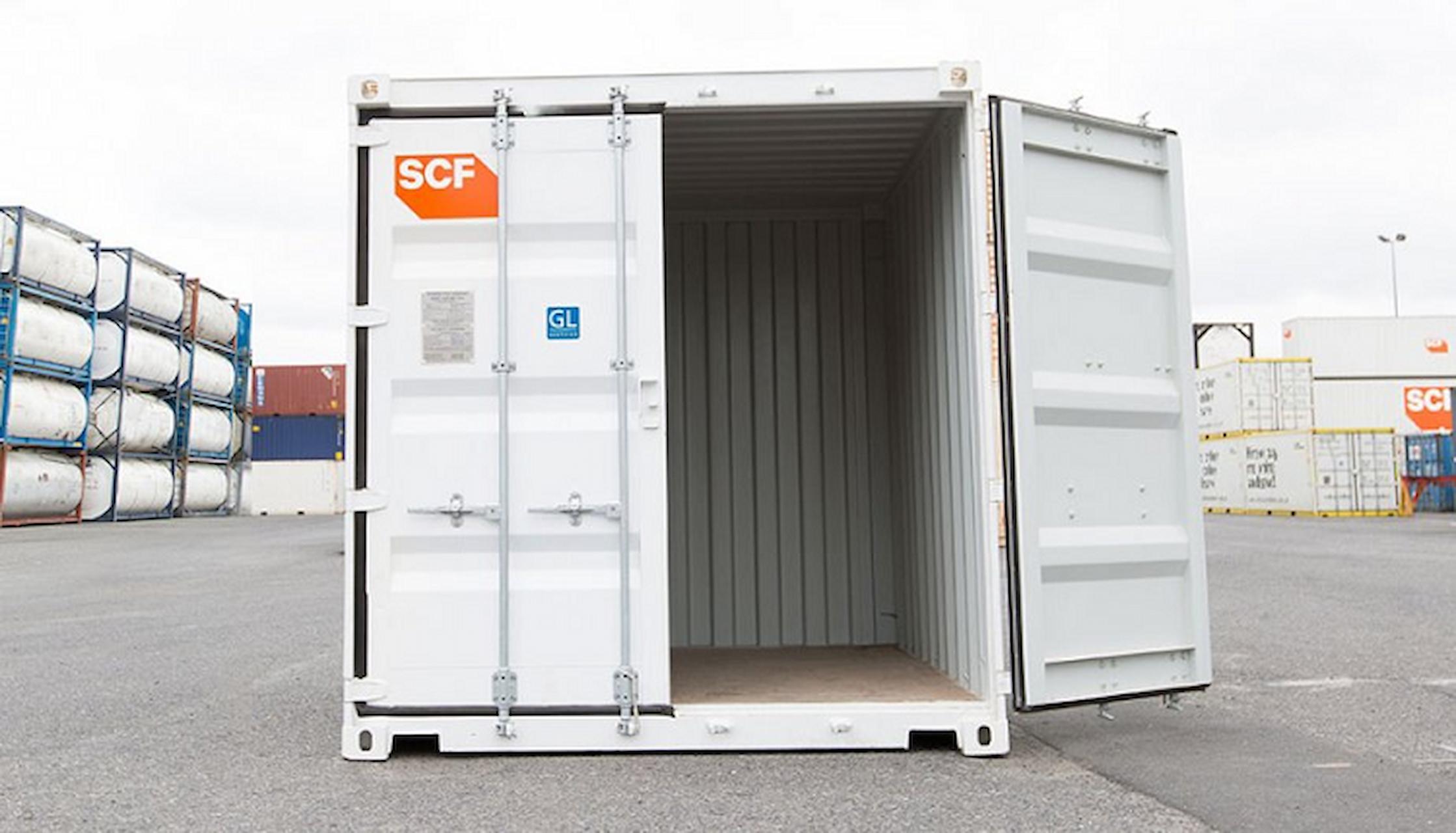You should keep in mind that within the U.S. Department of Transportation, one of the most important regulations is frequent drug testing. It is a federal regulation that every single safety-sensitive employee has to undergo.
Therefore, if you operate in transportation services including across the rails, roads, water, underground and inground, you will need to pass a DOT drug test.
After the Omnibus Transportation Employee Testing Act, the Department of Transportation implemented comprehensive alcohol and drug testing for employees that are dealing with safety-sensitive projects.
Let us start from the beginning.
Who Is Subject To DOT Testing?
When you check out the employee handbook on drug and alcohol testing procedures, the main idea is for DOT is to make sure that every single employee is 100% drug and alcohol-free.
We are not talking about operators that are subjected to these requirements, but every single position that falls under safety-sensitive has to undergo strict testing. Safety sensitive jobs include:
- Operating a train, ferry, or bus
- Repairing an aeroplane
- Working on a pipeline
- Driving a truck
Of course, you can find numerous safety-sensitive jobs among these that we have mentioned above, and you should remember that employees such as security guards and flight attendants are also subjects of mandatory drug testing.
Every single position that involves a task that could affect the safety of transportation or other passengers requires this particular type of screening.
Click here to learn everything about the Drug Testing Act by DOT.
Guide on DOT Testing
You should know that testing includes both drugs and alcohol, and when it comes to drugs, we are talking about cocaine, THC, opiates, amphetamines, PCP, and many more.
Based on the reports, amphetamines and marijuana are the most common substances people consume, and these particular testing methods are found every single year.
However, commercial drivers neglect consuming anything, which means that positive results for them are on the low end.
The idea is to ensure that transportation safety is 100% drug-free, and if you keep in mind that in the last year percentage of positive tests was 1.85%, it means that the industry is not entirely safe and drug-free.
When Should You Expect A DOT Test?
It is essential to understand that everything depends on numerous factors; however, we can differentiate a few situations in which employees will have to undergo screening.
- New Hires – When it comes to new employees, they must conduct DOT testing for alcohol and drugs. Before a new employee can start operating a safety-sensitive function, the employer must have a negative drug test on file. The same thing goes for people who are starting to deal with safety-sensitive positions as the form of improving their job statuses.
- Suspicion – In case a supervisor or employer suspects that someone operating a safety-sensitive function is under the influence of alcohol and drugs, they can also request a mandatory drug screening. Of course, it is not something that the employer can conduct based on a hunch, because suspicion should have proofs that are behavior-based and associated with drug or alcohol consumption at work. These behaviours include the scent of alcohol, slurred speech, or low productivity, among other things.
- Random Screenings – Random testing is something that tends to happen at any time, especially in job settings that require a constant safety perspective. Therefore, the administration of the test can be random, but every single employee needs to conduct it and not just a portion or a single person.
What Conducts Are Prohibited?
The main goal of this particular testing is to create a safe working environment without the possibility of hurting both employees and other participants or random people. Therefore, the prohibition of drugs and alcohol is fair and reasonable.
Due to that particular effort, some behaviour is also under prohibition, because these employees cannot report for duty under some circumstances, including:
- Under The Influence – Employees who are under the alcohol influence cannot perform their duties. Most of them cannot use alcohol for at least four hours before reporting to service, and that goes for crew members and flight attendants as well.
- Drug Use – Employees cannot report to duty or stay on it in case they consumed illegal or controlled substances, including prescription drugs that could affect their motor skills and ability to handle the assignment safely as sober.



